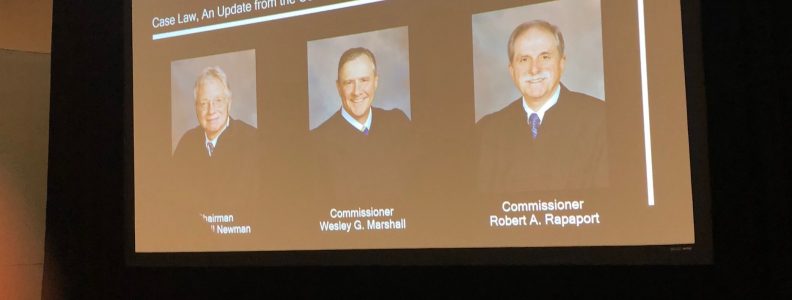
Repetitive Movements in Workplace Accident/Injury Fail to Qualify for Workers Comp Benefits
Under the Virginia Workers Compensation law, an injured worker must be able to identify a particular movement, task or action that caused the onset of her symptoms. “Contrary to what most people think, not every single workplace injury is covered under this law,” according to workers injury lawyer Doug Landau. “If a worker is engaged in repetitive movements, and she cannot recall specifically when her symptoms began, the Virginia Workers Compensation Commission’s decision will likely be for the employer and their insurance company. ”
The recent case of Daggett v. Old Dominion University (not one of law firm’s cases) is instructive on this issue. On March 21, 2017, the worker moved a series of 14 “smart boards” for inventory control. During this work, his arms were sore and his shoulders were “burning,” especially his left shoulder. This employee had not previously experienced these sensations. On April 3, 2017, he filed an accident/injury report with his employer. In that report, he stated that his left shoulder was tender and that he could not lift his arm without pain. The following day, when his condition was not improved, he sought medical treatment and was referred to an orthopedist. Two weeks later, he filed a “claim for benefits,” which is the paper that usually starts a workers comp claim in the Commonwealth of Virginia. In his initial paperwork, the disabled worker alleged an injury to his left shoulder. He later amended his claim to include a right shoulder injury, which is allowed, as employees do not always know the full extent of their workplace injuries or occupational diseases.
An orthopedist examined the worker on May 24, 2017. The medical specialist diagnosed a “torn rotator cuff” in each shoulder and prescribed physical therapy. The physician also specified that the employee should be subject to work restrictions. The following week, the injured worker received physical therapy, which is considered “conservative care” before a doctor will try surgery.
The employer and their insurance company denied the claim. At the workers comp trial, the Deputy Commissioner found that the claimant had suffered a compensable injury by accident to both shoulders and awarded him medical benefits. On appeal, a divided Commission reversed the Deputy Commissioner’s decision. The majority of the Full Commission found that the disabled worker had failed to prove he suffered a compensable injury by accident because he did not prove that his shoulder injuries resulted from an identifiable incident or sudden precipitating event. Instead, the the evidence indicated that his injuries “occurred gradually over a period of time.” The injured worker appealed the Full Commission’s decision to the Court of Appeals of Virginia.

The worker argued that the Virginia Workers Compensation Commission was mistaken in finding that he failed to prove that he sustained a compensable “injury by accident” to his left and right shoulders. As the appellant (the party bringing the appeal) in this case, he had the burden of demonstrating that “reversible error” was committed by the Workers Compensation Commission.
The injured worker argued that the Full Commission erred because the facts prove that he was not engaged in repetitive activity, but instead in a variety of activities that involved lifting, holding, and rotating smart boards during a “particular piece of work.”
Unfortunately, the Virginia Court of Appeals was not persuaded by the injured worker’s argument. The Full Commission found that on March 21, 2017, the worker engaged in repetitive movements, could not recall specifically when his symptoms began while he was moving the smart boards, and was unable to identify a particular movement or action that caused the onset of his symptoms. Those findings were found to be supported by credible evidence in the record. Because the Full Commission’s factual findings on these matters were supported by credible evidence in the record, they were binding on the Court of Appeals, which ruled that they were sufficient to support the Full Commission’s ultimate finding:
that the injured worker failed to prove his injuries resulted from an identifiable incident or sudden precipitating event and thus failed to prove he suffered a compensable injury by accident under the Virginia Workers Compensation Act.
The Court of Appeals of Virginia thus “affirmed” or approved the prior decision of the Full Commission AGAINST the injured worker. The Appellate Court did not say that the worker was NOT hurt; they ruled against him because he was not hurt in a “SUDDEN” or “IDENTIFIABLE” instant. This case is yet another example of why it is important to seek out experienced legal counsel BEFORE you file for Workers Compensation benefits. Filing the paperwork without thinking through the consequences can lead to the ultimate denial of the claim.
If you or someone you know or care for has been injured as the result of an accident on the job or while working off site, and there are questions about what laws apply, e-mail or call us at ABRAMS LANDAU, Ltd. (703-796-9555) at once.
